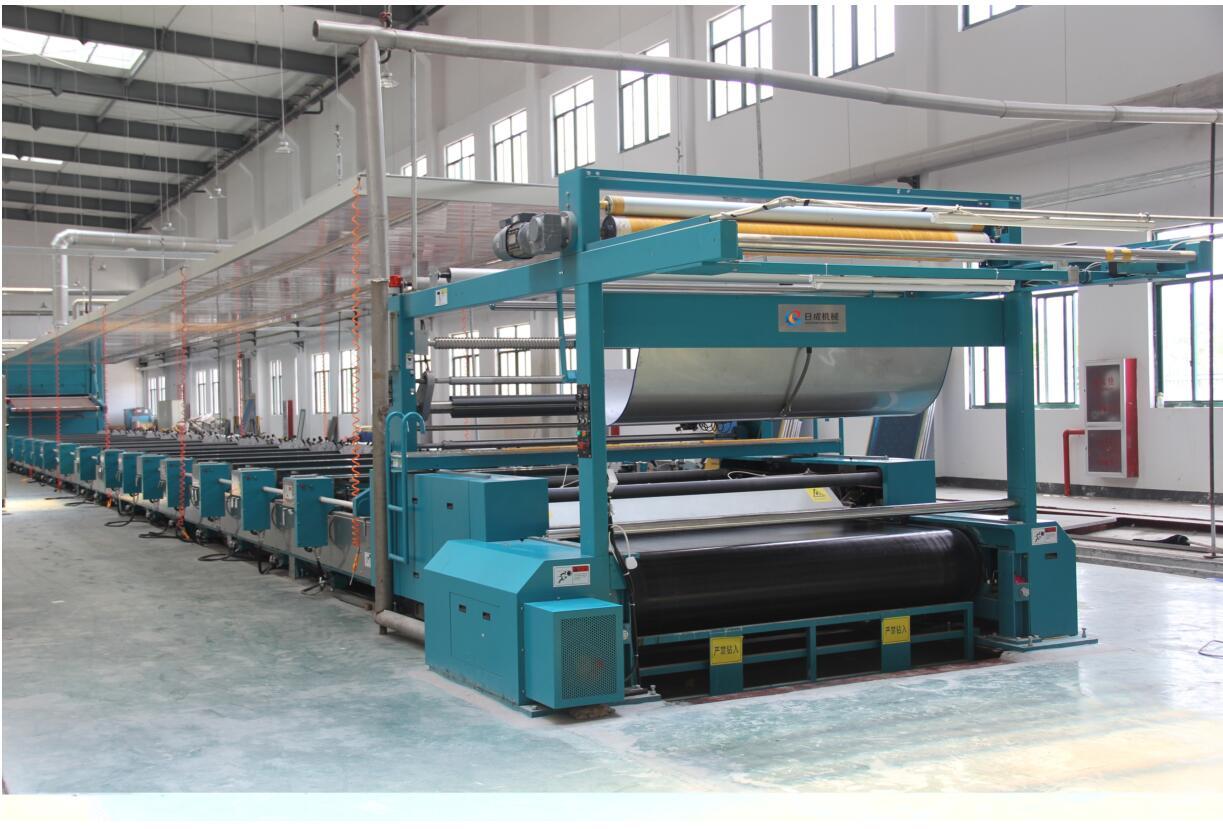When it comes to fabric printing Imaterial offers the best of both worlds. Our customers have the choice between rotary screen printing and or digital printing.
While digital printing has its own specific customer base, so too has rotary screen printing. Additionally, each printing system has its own unique benefits and your choice in method depends on the application at hand.
In this article, we will be outlining which method may be more suitable for your particular fabric printing project.
Digital Printing Cape Town
During our years as Screen Printers we found that there were always certain designs or small orders that we could not do.
This was the reason that in 2005 we decided to add pigment digital printing to our production line. This was the first of its kind in South Africa and digital textile printing became part of our History books…
However, over the years digital printing has evolved. The biggest advancement with technology has been in the printing speeds which now days is much faster. Due to this influence we have recently installed one of the World’s best industrial high speed printers.
Digital Printing is great for handling variable data applications and is now a viable option for producing 1m- 1000m in multi-colour custom design runs at higher speeds than ever before.
Pigment Ink vs Reactive Ink
Our digital printing ink of choice is pigment ink, which is based on the same chemistry as used with our rotary printing.
Pigment Ink is water-based, solvent-free and suitable for a wide range of substrates for different applications. It has an incredible soft feel and is suitable for fashion and house furnishings.
Additionally, Pigment Ink achieves the highest level of light fastness over any other type of ink.
Reactive Ink, unlike pigment, has harmful chemicals in its processing. These reactive chemicals need to be removed from the fabric after printing. This cycle uses steaming which releases fumes into the environment.
After steaming, washing is required in order to remove harmful chemicals and in doing so uses masses of water and energy.
Pigment Ink in contrast uses a dry heat cure as it does not use any harmful chemicals. Additionally, Pigment has less waste and it’s environmentally-friendly.
In the past Reactive Inks have been associated with bright colours, but with the recent development in technology pigment ink has closed this gap. Reactive has an almost synthetic look where pigment has a more natural look and feel about it.
Rotary Screen Printing Cape Town
Screen printing is an analogue process that we have been operating and specialising in for over 30 years.
The screen printing method entails first splitting the image into separate colours, a screen is then created for each colour. We have the flat screen hand printing method and or the rotary cylinder machine printing.
To create the finished image, ink is squeezed through the nickel screen/mesh using a squeegee application.
This process allows for the pigment inks to be controlled in thick or thin layers producing bright, vibrant images. Each colour is individually mixed according to what the customer chooses.
Additionally, white opaque paste, colour paste and metallic can be printed onto already colour dyed rolls of fabric which is not achievable with digital printing.
Our rotary printing has no minimum for 1 colour prints and 50m for multi-colour depending on the complexity of the project. There is no maximum order for Rotary Printing as this is high speed technology.
However, the longer the print run the cheaper the unit cost of each item. This makes screen printing a viable option for many visual applications like retail fashion and decor.
More information about Rotary Screen Printing and Digital Printing explained, please go to the professional Flat Screen Printing Machine Factory - LiCheng, we're so glad that you tell us your special requirement, please feel free to contact us with https://www.hotairstenter.com/product/flat-screen-printing-machine.html



